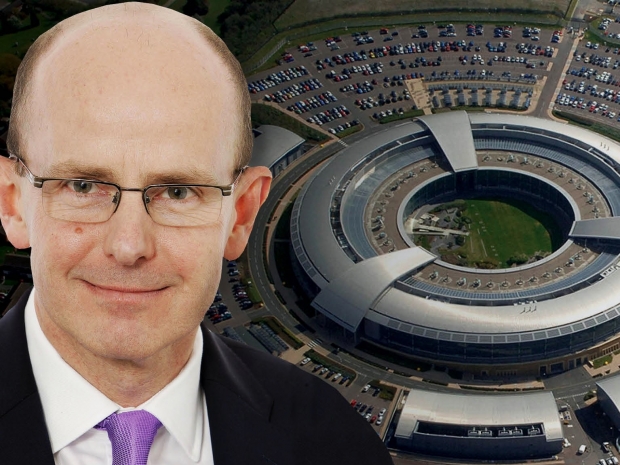Director of the intelligence agency GCHQ Jeremy Fleming claims that the cyber attack hindered the group's ability to co-ordinate attacks and suppressed its propaganda.
It is the first time the UK has publically admitted to systematically degrading an adversary's online efforts in a military campaign.
Talking to the assembled throngs at the Cyber UK conference, Fleming said that the outcomes of these operations were wide-ranging.
"In 2017 there were times when Daesh [an alternative name for Islamic State] found it almost impossible to spread their hate online, to use their normal channels to spread their rhetoric, or trust their publications."
Fleming said much of the cyber-operation was "too sensitive to talk about", but had disrupted the group's online activities and even destroyed equipment and networks.
"This campaign shows how targeted and effective offensive cyber can be," he added.
Fleming said the fight against IS was not over, because the group continued to "seek to carry out or inspire further attacks in the UK" and find new "ungoverned spaces to base their operations".
He also slammed Russia over what he called "unacceptable cyber-behaviour" that was a "growing threat" to the UK and its allies because they were not playing by the same rules.
The Russians were blurring the boundaries between criminal and state activity and the use of a nerve agent on Sergei and Yulia Skripal in Salisbury was "stark and shocking", and demonstrated "how reckless Russia is prepared to be".
"The robust response from the UK and from the international community shows the Kremlin that illegal acts have consequences. And it looks like our expertise on Russia will be in increasing demand," he said.
Fleming described some of GCHQ's other goals, which include tracking down people who use the dark web to distribute child sex abuse images.
Cyber has created a new landscape for attackers and defenders, he said, and the challenges were "vast" but were being met by a strong and lawful GCHQ.
On Wednesday, Mr Fleming announced a new GCHQ base is to open in Manchester, hoping to draw "tech savvy recruits".




